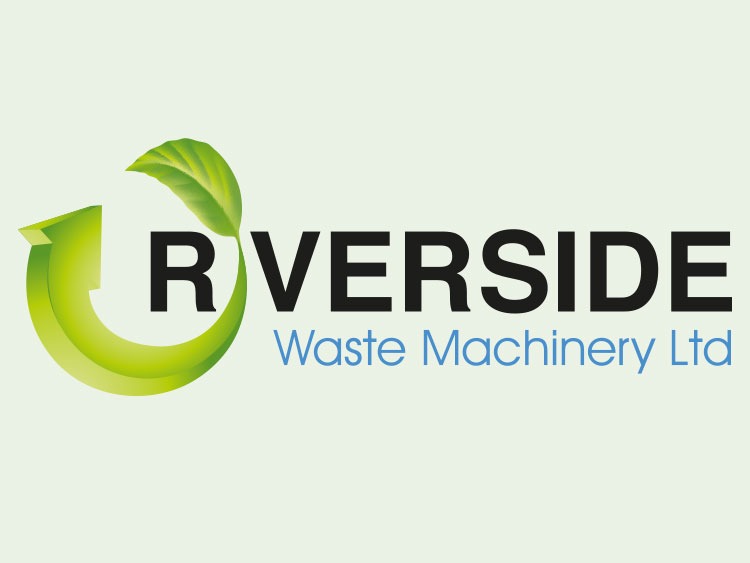Guidance was launched last week (as reported by industry title MRW on 5th May) to help the recovered paper industry comply with European legislation surrounding the safety of food packaging. Having welcomed this development, Riverside Waste Machinery managing director Chris Oldfield considers what this could mean for quality standards within the sector…
“Earlier this month I read with great interest that Industry Guidance for the Compliance of Paper & Board Materials and Article for Food Contact has been formulated to aid compliance with Regulation (EC) No 1935/2004, a policy which states that products made from paper and board must not endanger human health.
“This new guidance document – prepared by the International Confederation of Paper and Board Converters in Europe (CITPA) and the Confederation of European Paper Industries (CEPI) – will offer a valuable resource for manufacturers wishing to comply with EU legislation and ultimately ensure the safety of food.
“Although the guidance is voluntary, it has been said that manufacturers will now be asked to declare the grade description of the materials that are intended for food contact, and these materials will subsequently be tested to ensure they meet limit levels outlined within the document. Manufacturers will also have to elaborate upon the type of food the materials will eventually package, because if the same additives are present in both the packaging material and the eventual packaging content, a harmful level of substances could result.
“Having always had concerns about the quality of recycled paper and board used in food packaging, and the possible degree of contamination within such materials, it is incredibly encouraging to finally see some considered guidance being offered. This resource should help to bring clarity to an area that seems to lack structure in terms of regulation and compliance, and should help to ensure the quality of recycled paper and board continues to improve.
“There is still work to be done though. The report doesn’t cover carcinogenic mineral oils found in newspaper ink, an area that received a great amount of media attention earlier in the year. A BBC documentary aired in February focused upon the issues that can arise when recycled newspaper is used within food packaging. A vast debate surrounding the potential contamination of food then ensued.
“In an overview article within MRW’s 18th March issue, food director for British Retail Consortium (BRC) Andrew Opie said: “There isn’t currently any evidence that ink in recycled packaging poses a danger to health,” and indeed this viewpoint seems to be being upheld throughout the industry.
“Whilst issues are clearly evident, it is understood that any possible risk is dependent upon how much of the recycled paper fibre within the packaging contains mineral oils, and even then an ordinary diet should prevent any real risk of harm, scientists have confirmed.
“Some have suggested that the packaging industry should phase out the use of materials containing mineral oil, which would result perhaps in recovered newspapers being used to simply make more newspapers. But as the true extent of the danger is not yet known, it is likely that many companies will wait for the official opinion of the European Food Safety Authority scheduled for release in September.
“I hate to hear of possible drawbacks associated with recycling, but ultimately safety must always be the number one priority. Hopefully the CITPA and CEPI guidance, and any additional regulatory developments, will go some way to overcoming these possible concerns.”






